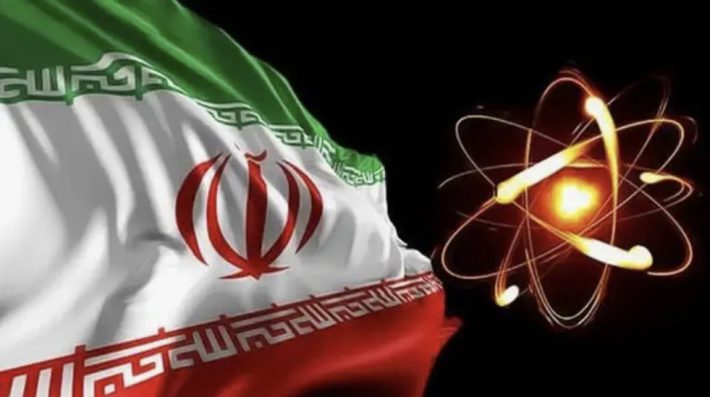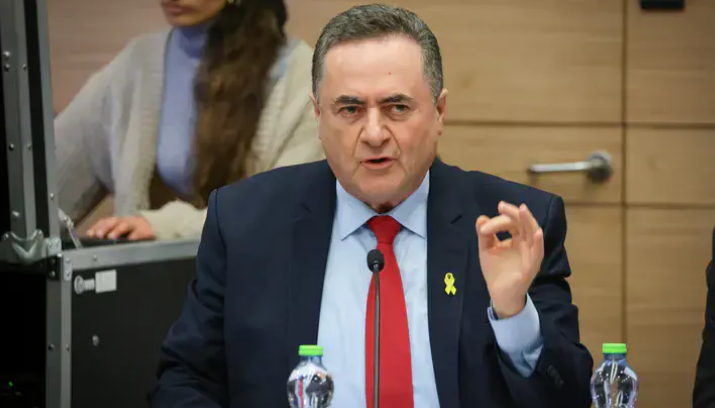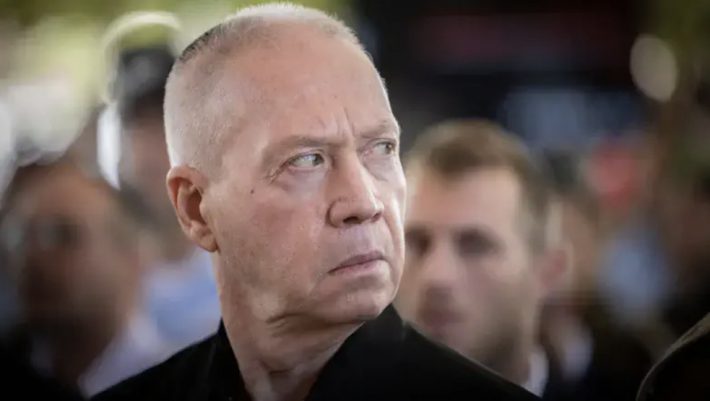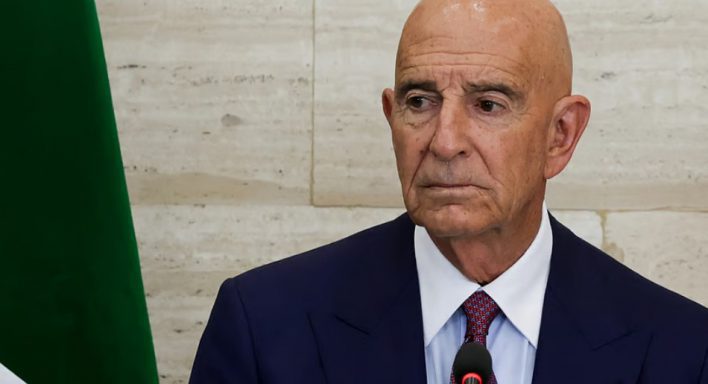In a stunning confession, Iranian Admiral Ali Shamkhani said he regrets not developing nuclear weapons in the 1990s, calling the Israel-Iran war proof of its urgency.
In a rare and explosive admission, Admiral Ali Shamkhani — one of Iran’s most powerful military figures and a senior member of the Expediency Council — publicly declared that he regrets not pursuing nuclear weapons during his tenure as defense minister under President Mohammad Khatami in the 1990s.
In a televised interview broadcast on October 12, 2025, Shamkhani said, “I wish I had. I was the Defense Minister during the Khatami administration. The Khatami government did not think of this.”
Pressed further on whether he would have pursued nuclear arms if given the chance, Shamkhani was unequivocal:
“Yes, absolutely. Today, it is evident that Iran should have developed this capability itself.”
The remarks aired on On-News.ir and were translated by the Middle East Media Research Institute (MEMRI) — sending shockwaves through diplomatic circles already on edge after Iran’s escalating confrontation with Israel in the 12-Day War.
💥 A Startling Admission
Shamkhani’s statement marks the first time a top Iranian defense official has publicly acknowledged regret over not pursuing nuclear weapons, effectively confirming what Israel and Western intelligence agencies have long asserted: that Tehran’s nuclear ambitions were never purely civilian.
By admitting that he would have built a bomb “absolutely” if given another chance, Shamkhani has laid bare the ideological and military motivations driving Iran’s current push toward nuclear capability — and the regime’s growing frustration at its conventional military limits in the face of Israel’s technological and strategic dominance.
⚔️ The Shadow of the 12-Day War
Shamkhani directly tied his regret to the 12-Day War with Israel, the brief but devastating conflict that saw the Israeli Air Force cripple Iran’s drone and missile infrastructure and destroy key Revolutionary Guard command centers.
He said the conflict “proved the urgency” of developing nuclear deterrence, emphasizing that “Iran must now focus on building an independent, cohesive defense system.”
His remarks underscore Tehran’s deep anxiety following Israel’s rapid and precise military campaign — one that reaffirmed the IDF’s unchallenged air superiority and exposed Iran’s vulnerability despite years of proxy warfare and missile buildup.
🕵️ Validation for Israel’s Longstanding Warnings
For Israel, Shamkhani’s confession is nothing short of vindication.
For decades, Jerusalem has warned that Iran’s nuclear program was military in nature, not civilian — and that only decisive international action could stop it from crossing the threshold.
Now, one of Iran’s own defense architects has effectively confirmed that the intent to pursue nuclear weapons has always existed at the highest levels of the regime.
Israeli intelligence officials have already pointed to Shamkhani’s words as proof that Iran’s “peaceful nuclear posture” was a strategic deception — one designed to buy time while the regime perfected uranium enrichment and ballistic delivery systems.
🌍 Global Fallout and Renewed Urgency
Shamkhani’s comments could reignite global debates over Iran’s compliance with the Non-Proliferation Treaty (NPT) and trigger renewed calls for international sanctions.
Western diplomats in Vienna described the remarks as “deeply alarming”, noting that they come amid signs that Iran is accelerating uranium enrichment at Fordow and Natanz while restricting access to IAEA inspectors.
Analysts say his statements may also embolden hardliners in Tehran who argue that only nuclear deterrence can prevent regime collapse — a view gaining traction following the 12-Day War and the assassination of senior IRGC commanders.
⚠️ The Strategic Crossroads
Whether Shamkhani’s confession was a slip, a deliberate signal, or an attempt to rally domestic support remains unclear.
But it has reopened one of the most consequential questions in Middle Eastern security: Is Iran now preparing to openly cross the nuclear threshold?
Israel’s response is likely to be swift and uncompromising. Jerusalem has repeatedly vowed it “will not allow Iran to obtain a nuclear weapon” — and with Shamkhani’s words confirming Tehran’s intent, that vow may soon be tested again.





